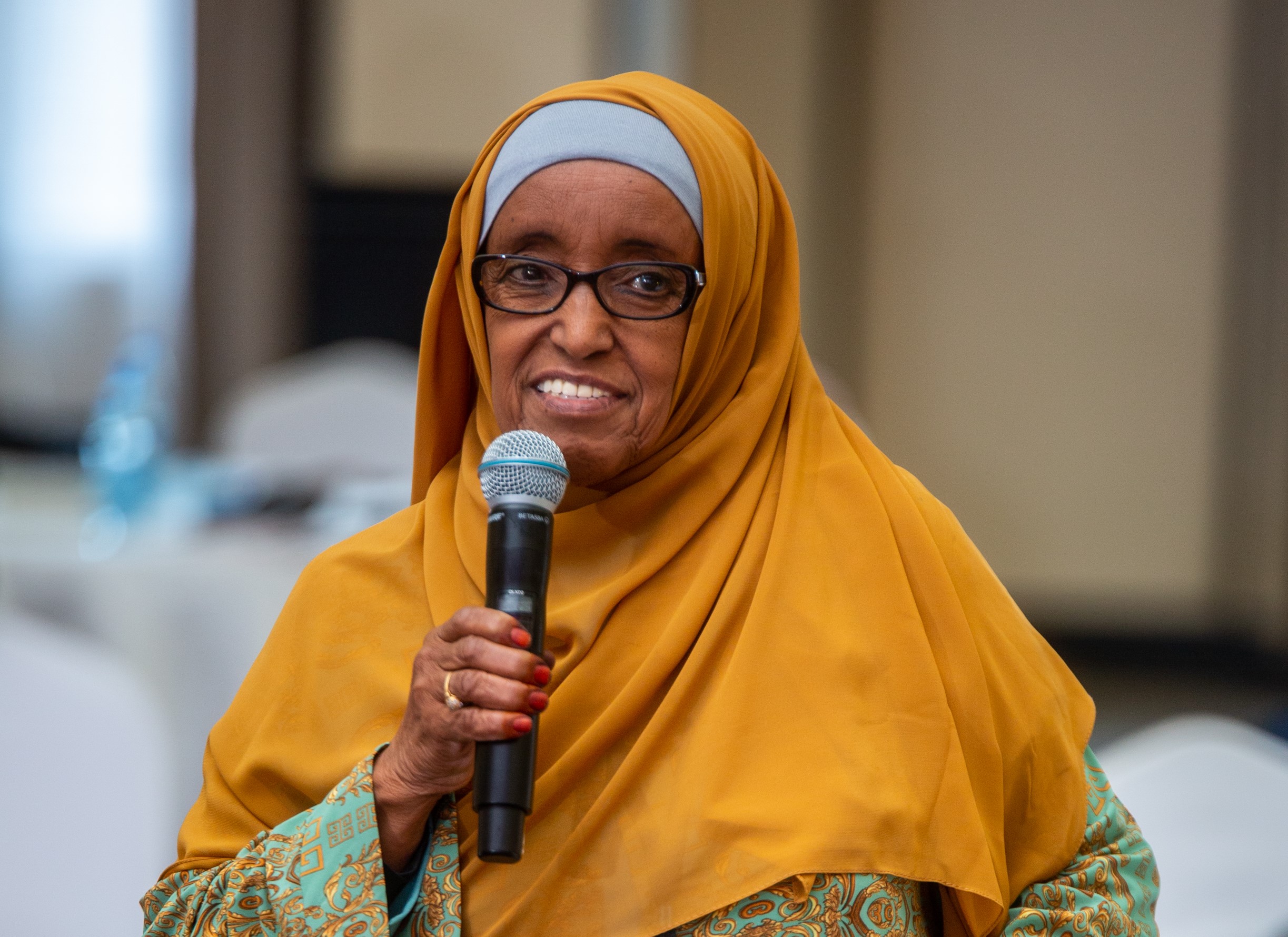As a child, Asmahan’s childhood was scarred by the violent practice of female genital mutilation (FGM), then popular in Somali culture. Girls as young as seven years were subjected to the violent practice often against their will, and young Asmahan was revolted by it.
“I witnessed very young girls aged between seven and ten years undergoing this harmful practice (FGM), conducted using rudimentary tools, which usually left long effects on these girls’ bodies. By all intents, it was a violation of both their bodies and their rights, and even at that early age, it didn’t sit well with me,”
Asmahan
Tweet
As she grew up, the social injustices against women would only grow more evident. In addition to FGM, girls were rarely taken to school. Instead, child marriages were frequent, and young girls would be married off before their first teenage birthdays, often to older men, where they would go on to lead lives blighted by systemic socio-cultural discrimination and abuse.
These injustices would peak as Somalia descended into a devasting civil war in the 1980s, with various militia groups and factions fighting to overthrow military strongman Siad Barre. As violence became a staple in the Capital Mogadishu, several people began to flee, retreating to their regions of origin. Asmahan fled to her native northern Somalia (present-day Somaliland), which was teeming with displaced women and orphaned children, many who had fled the conflict in the capital like her.
Asmahan immediately joined local volunteer efforts to support non-governmental organisations (NGOs) and international aid agencies to extend humanitarian assistance to those most in need, particularly looking out for women-headed families.
In 1997, determined to scale her efforts and to impact more women, Asmahan came together with other women to co-found NAGAAD, a network of women organisations dedicated to the socio and economic empowerment of Somaliland’s women and children. The network sought to empower women to push back against the various socio-cultural barriers that undermine women and girls’ enjoyment of their human rights, and to push for reforms at policy level.
Over the years, NAGAAD has grown to become the foremost umbrella association of efforts and organisations working to uplift the status of Somaliland’s women, with affiliate membership of now 46 organisations and operational offices in six regions of Somaliland.
Although NAGAAD has no doubt done a lot in giving Somaliland’s women a voice, Asmahan insists, a lot remains to be done. A study by the network in 2019 found that Somaliland’s women access less than half of the opportunities accessed by their male counterparts. A year later, there were only 9 women in Somaliland’s 374 local council representatives. Asmahan is determined not to give up. Although she is part of NAGAAD’s management, she remains chairperson of the network’s Board of Directors, and knows that the network’s mission is far from fulfilled:
“We succeeded in forming a strong united voice for women but are still struggling to get a fair share in political participation and in the decision-making process of the country at all levels and that is because of strong cultural barriers and clan affiliation. This is what we are focused on – to support as many women as possible to get involved in public affairs. That way, we shall be able to end the social stigma associated with women who dare to aspire for public roles, and consequently empower many others to assert their rights wherever they are.
Asmahan
Tweet

